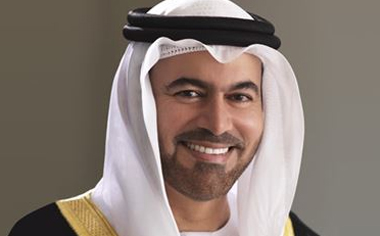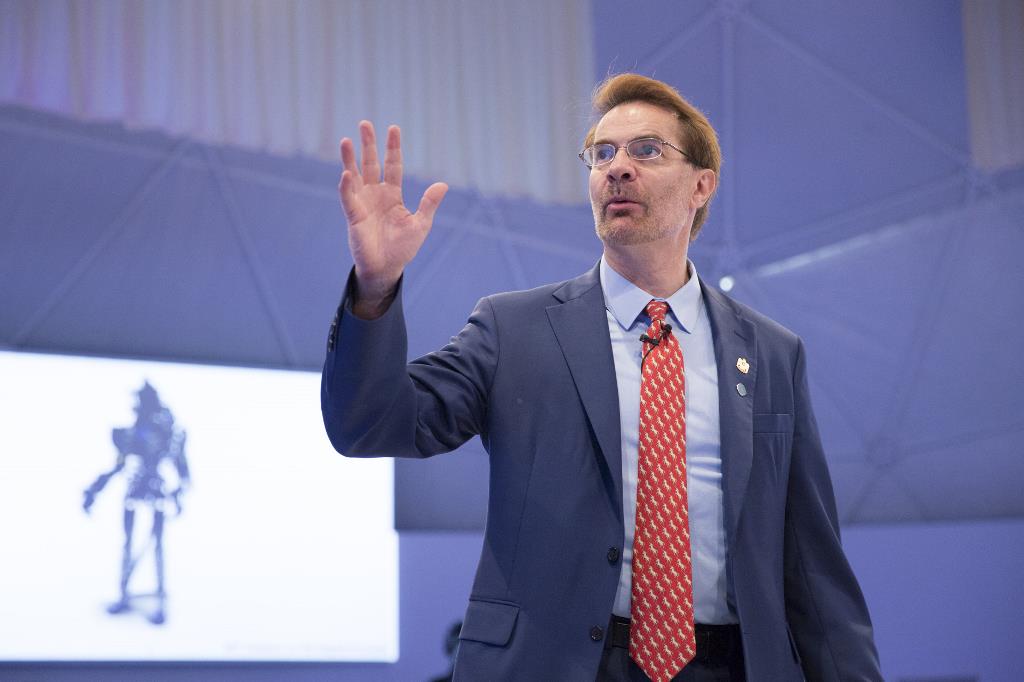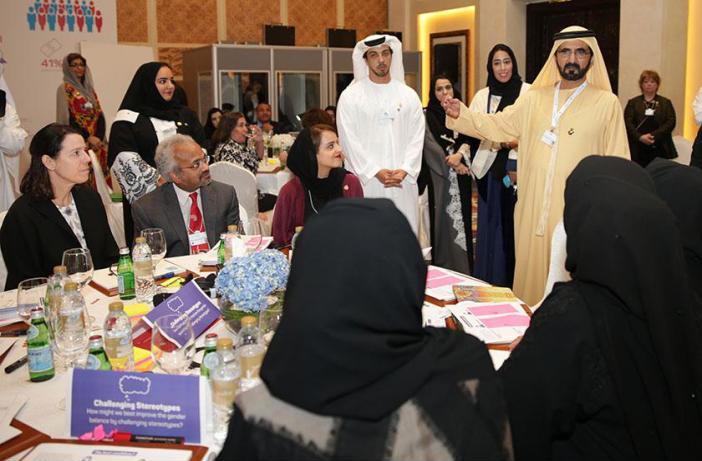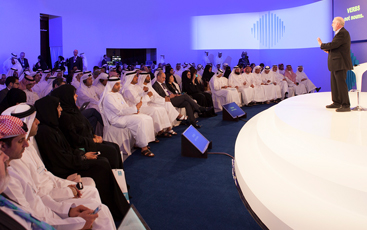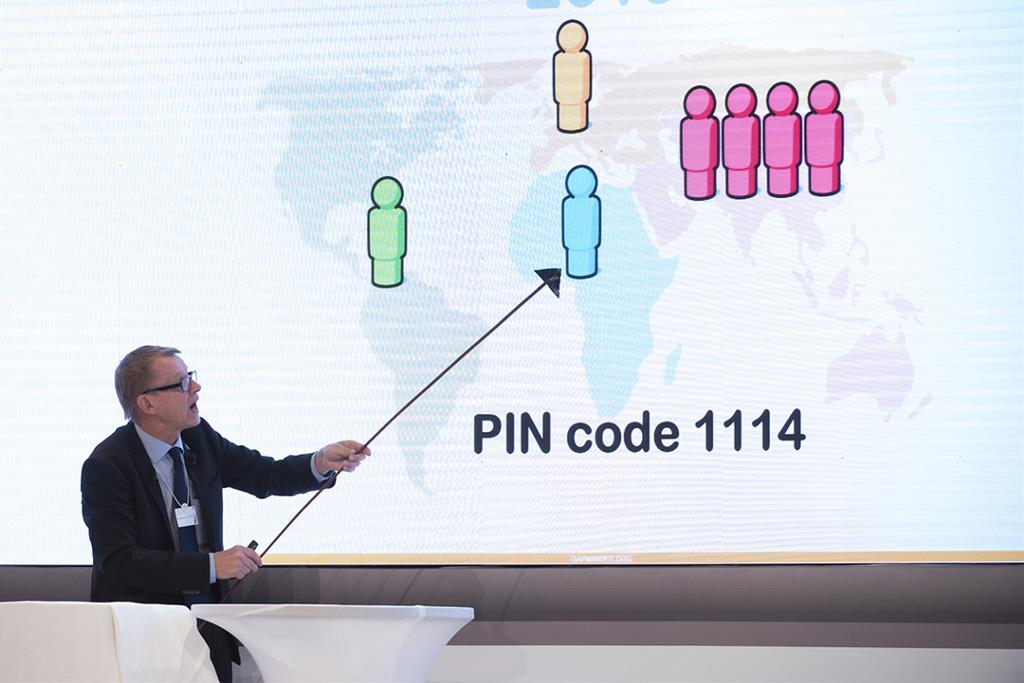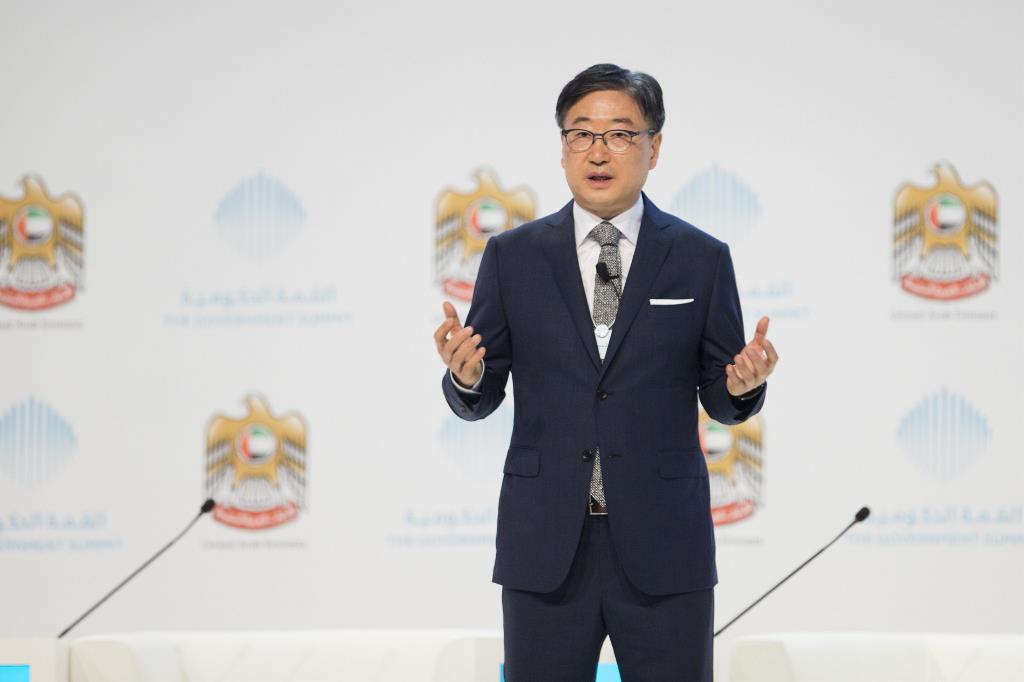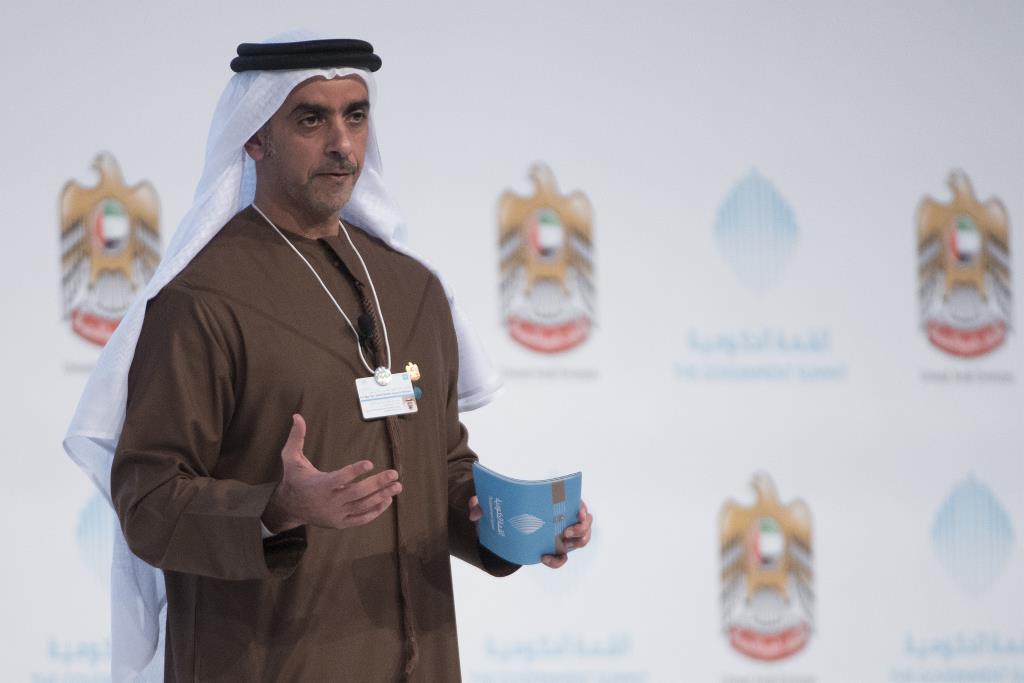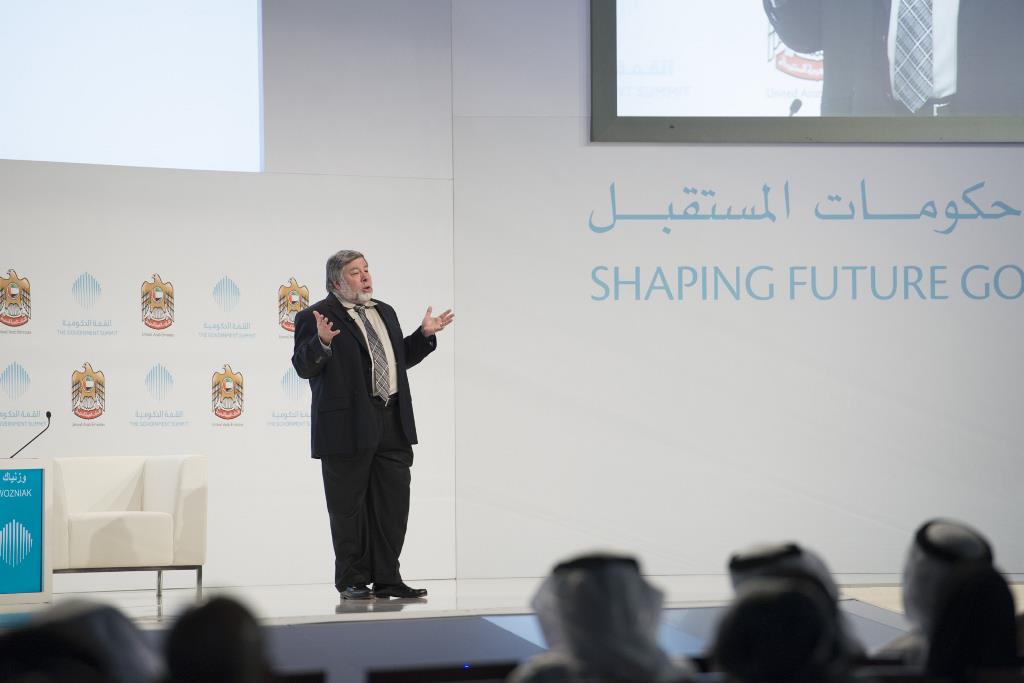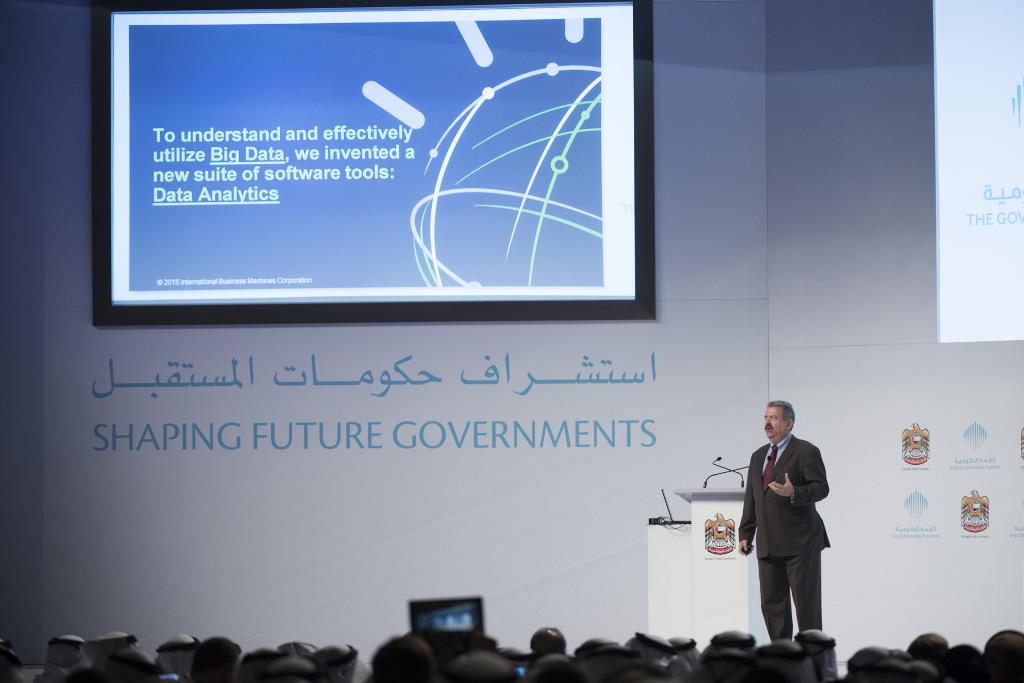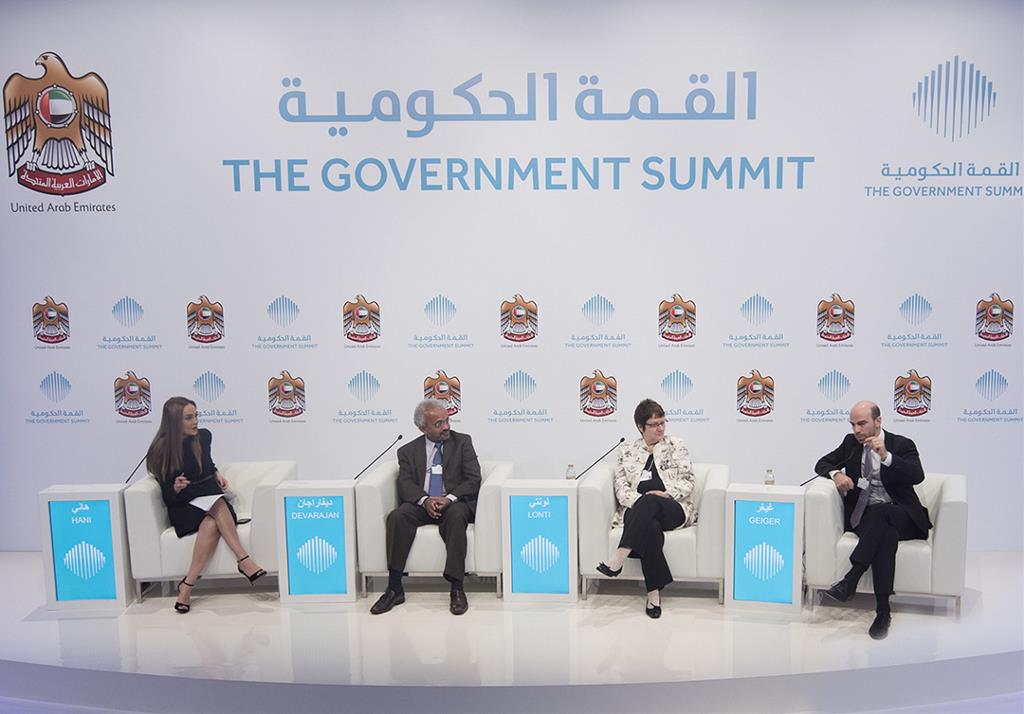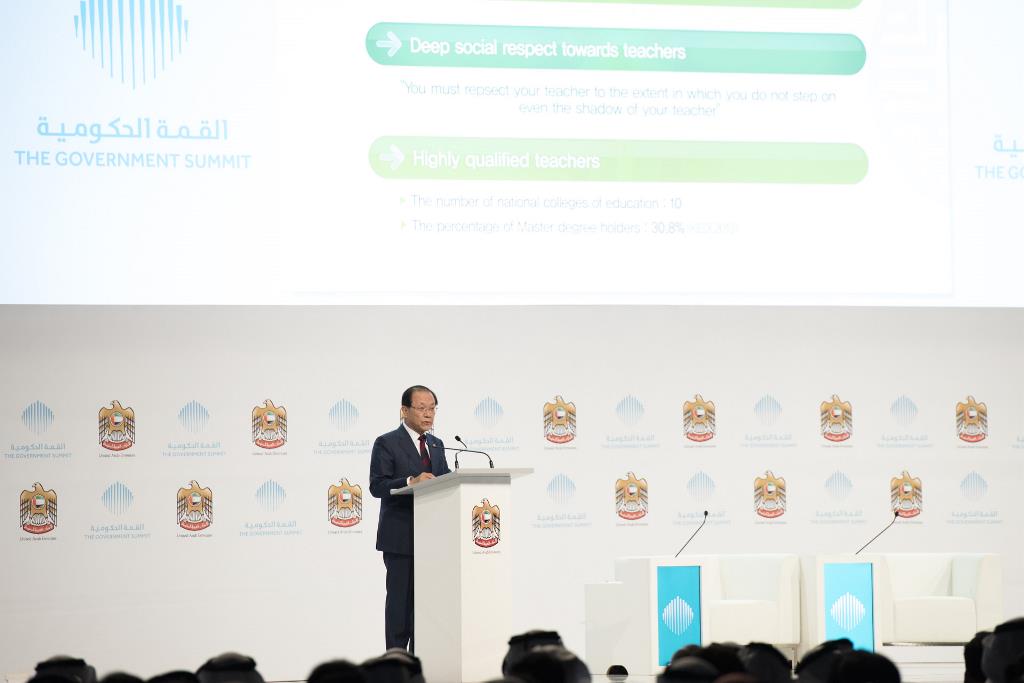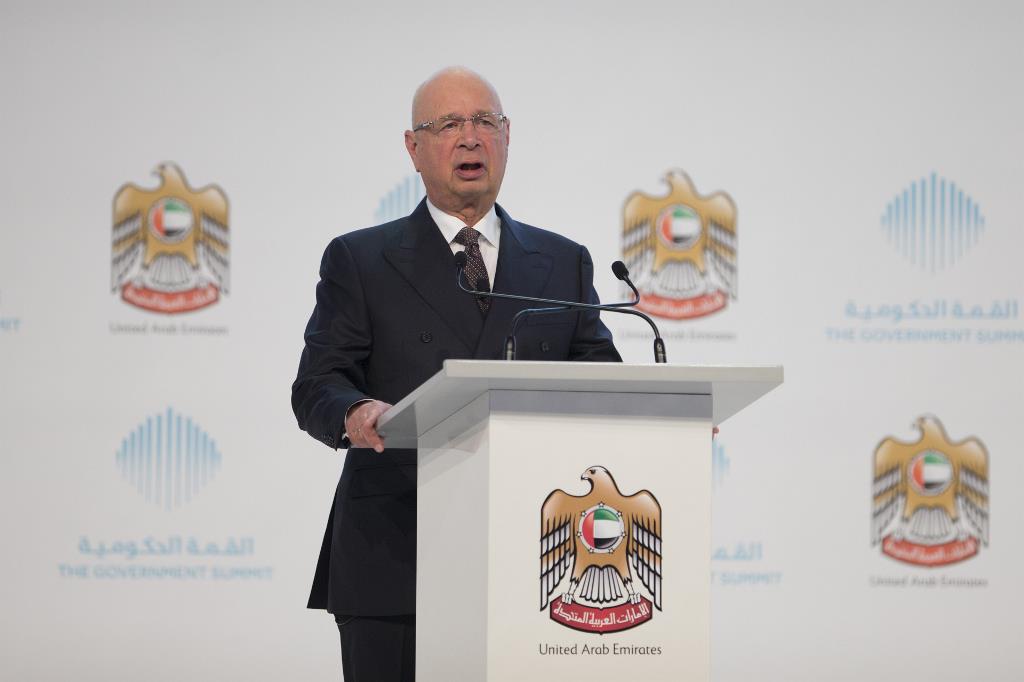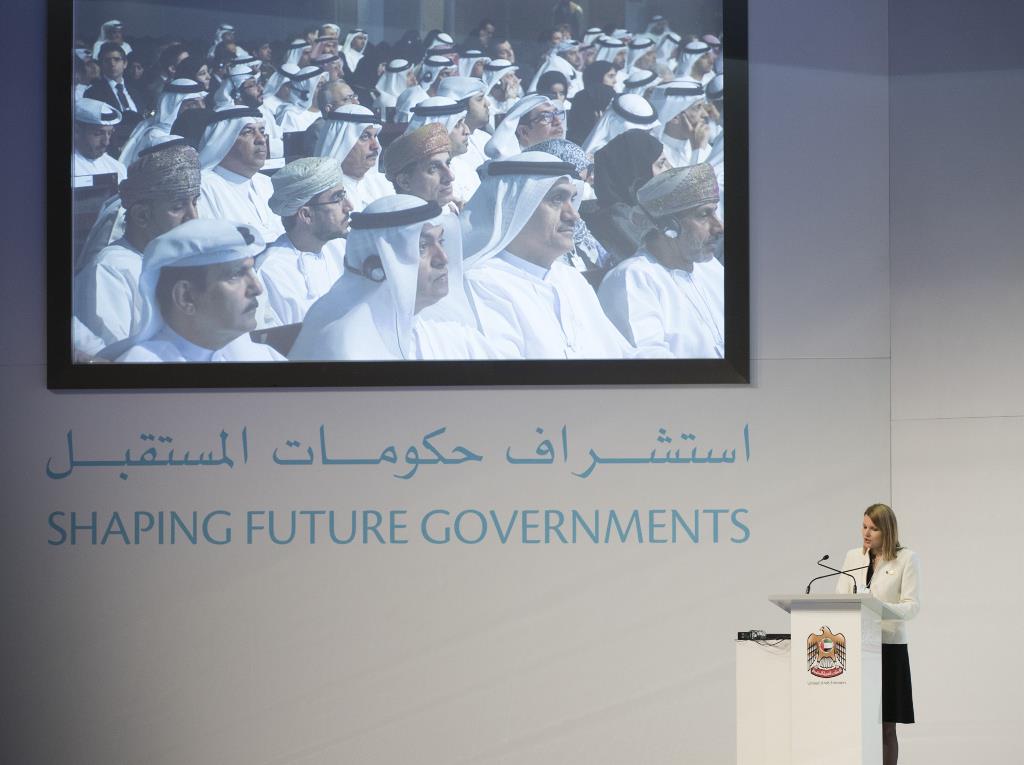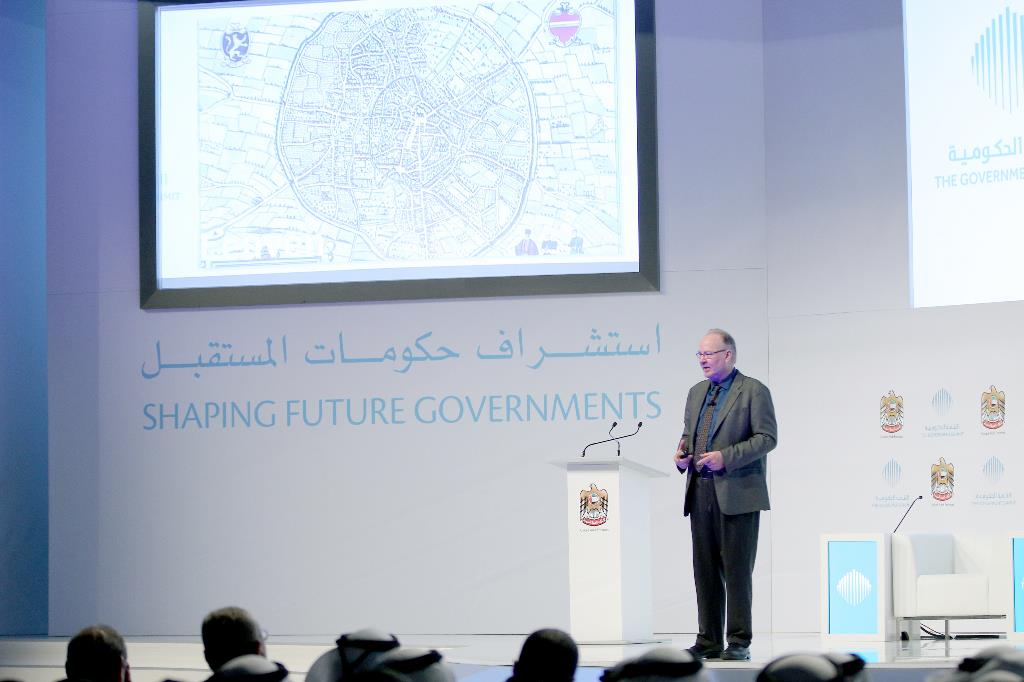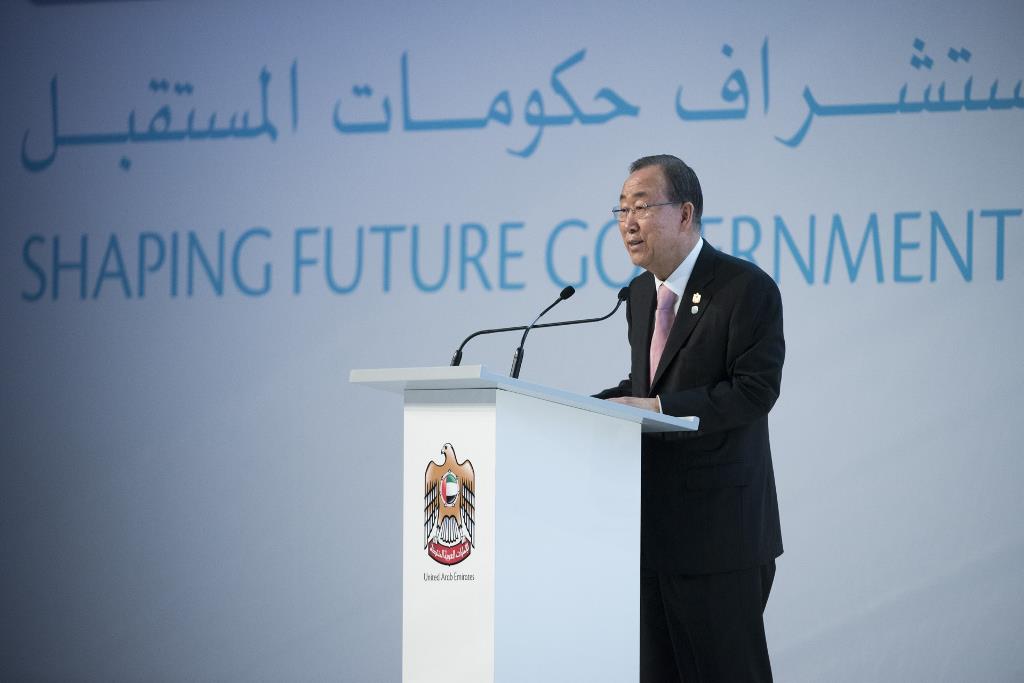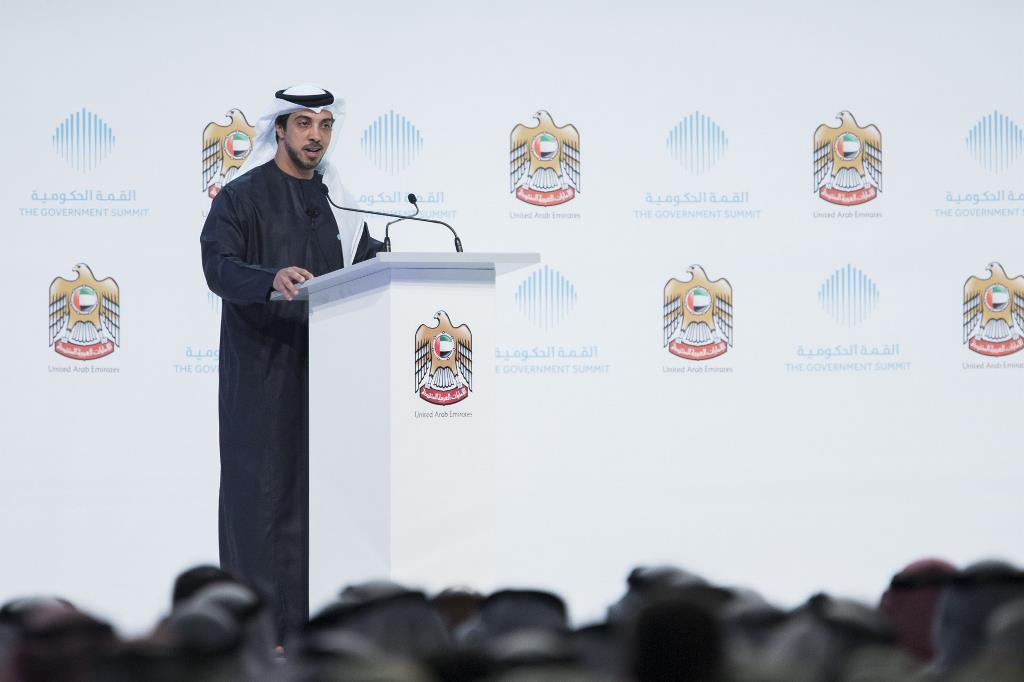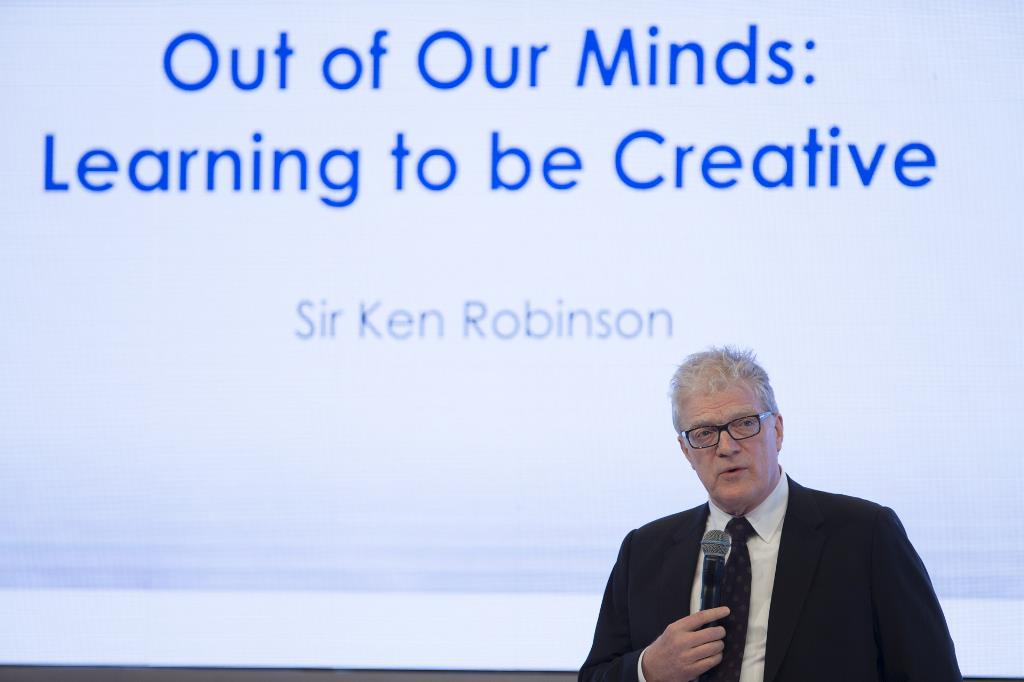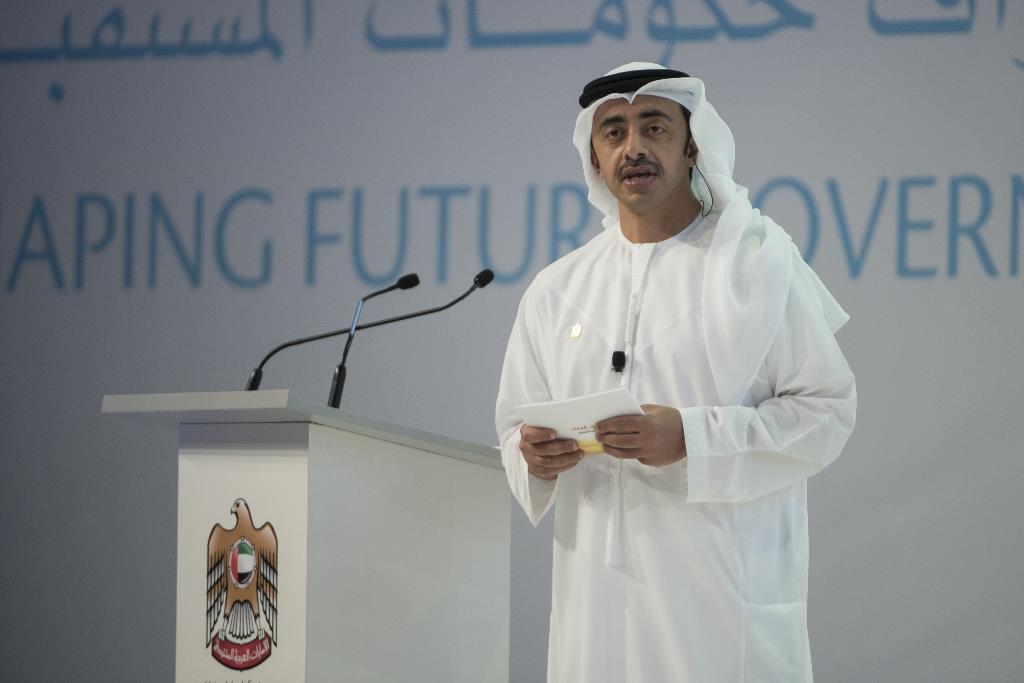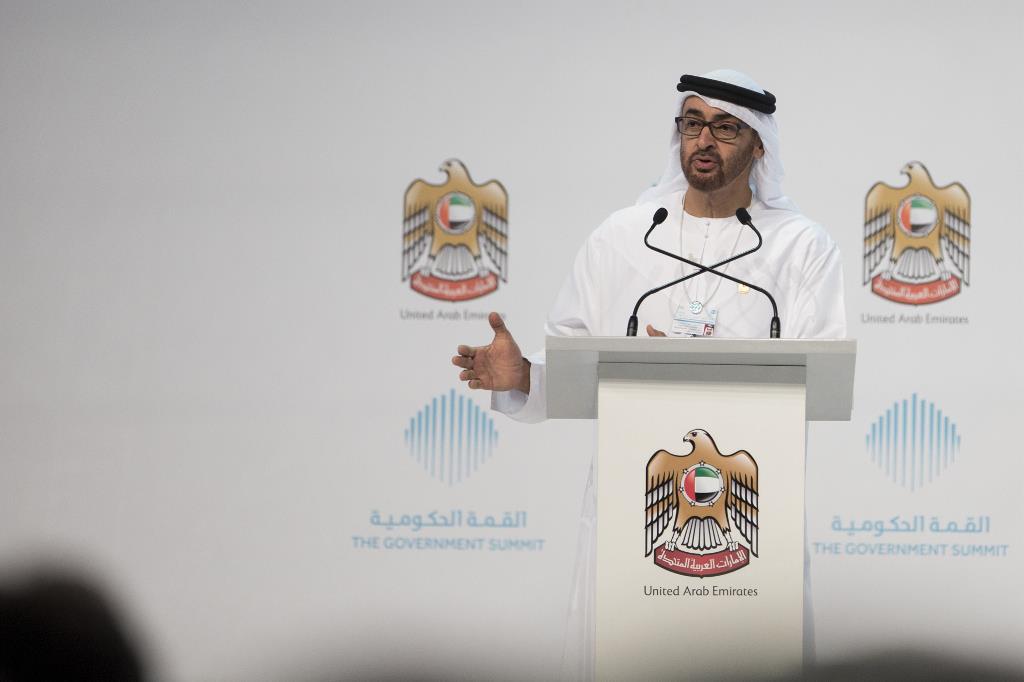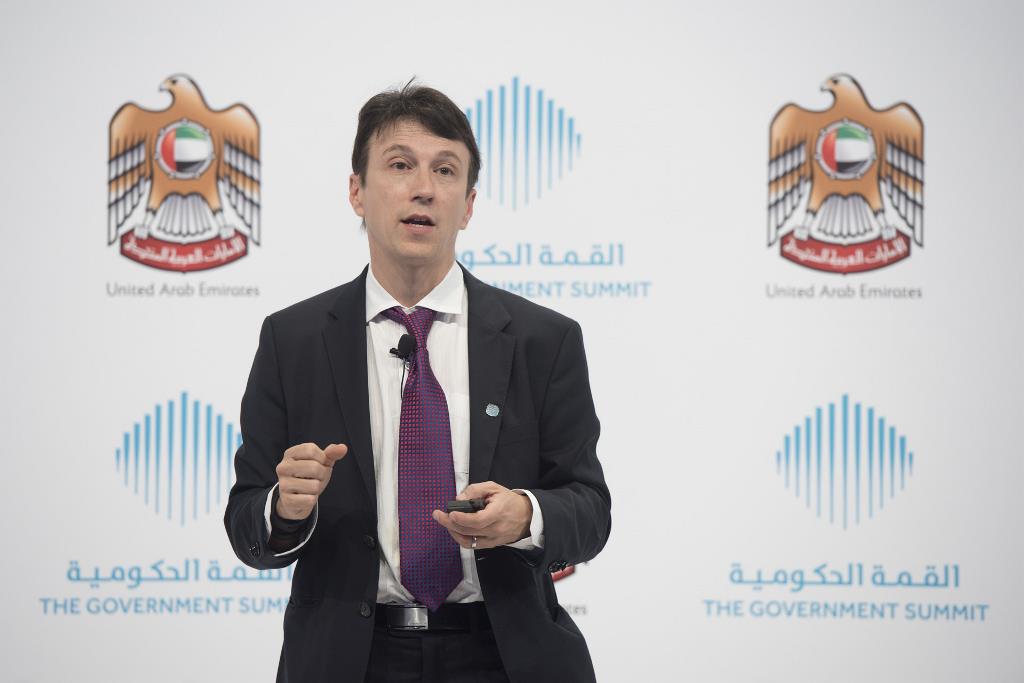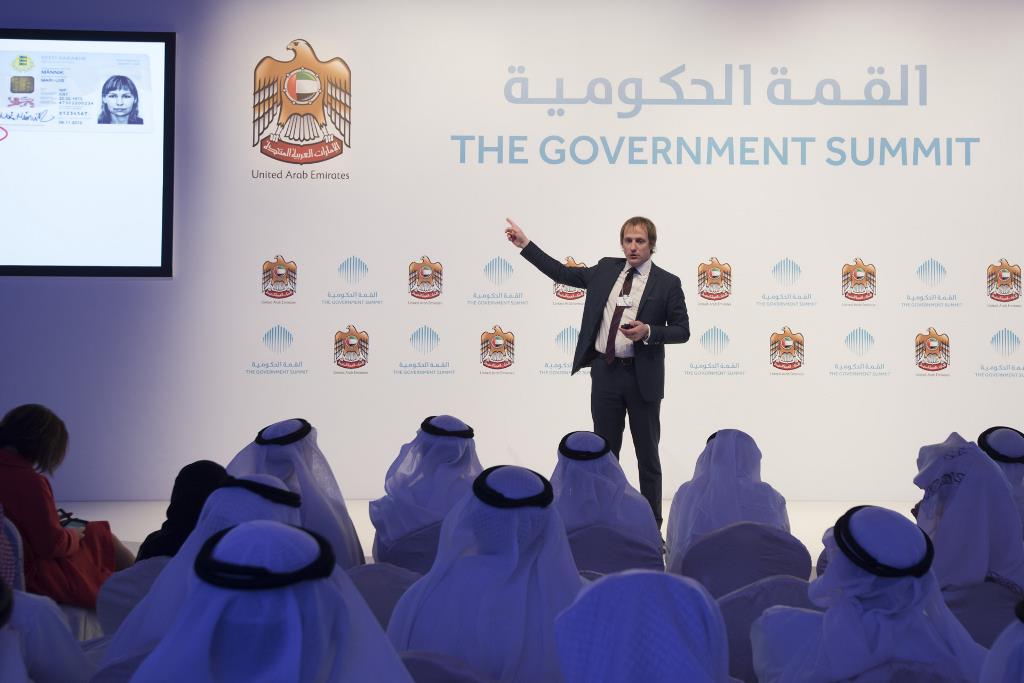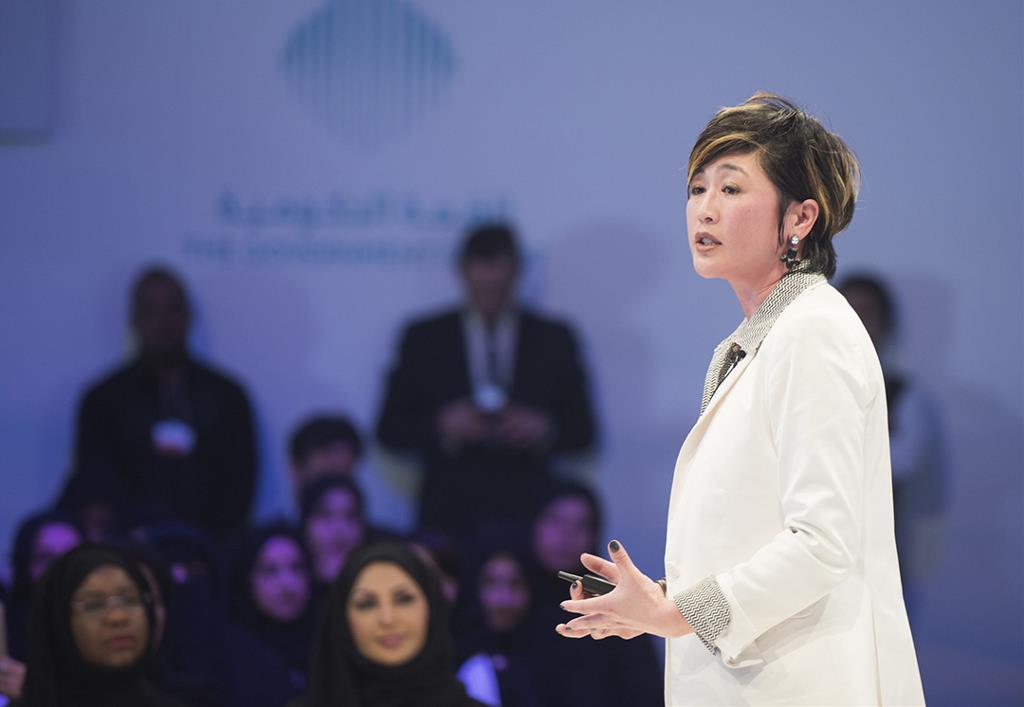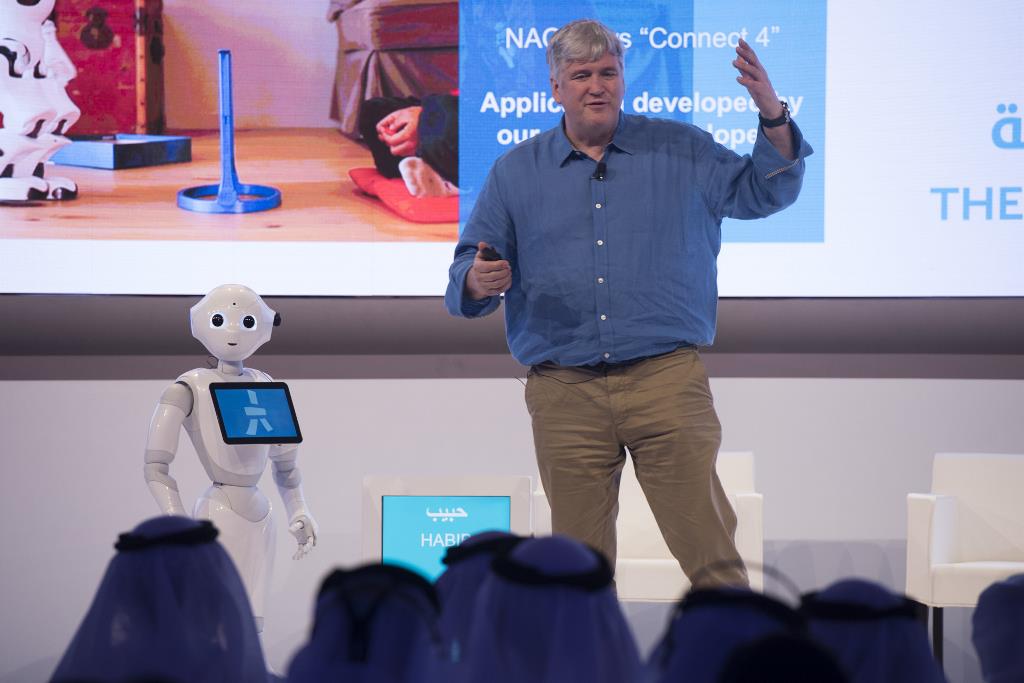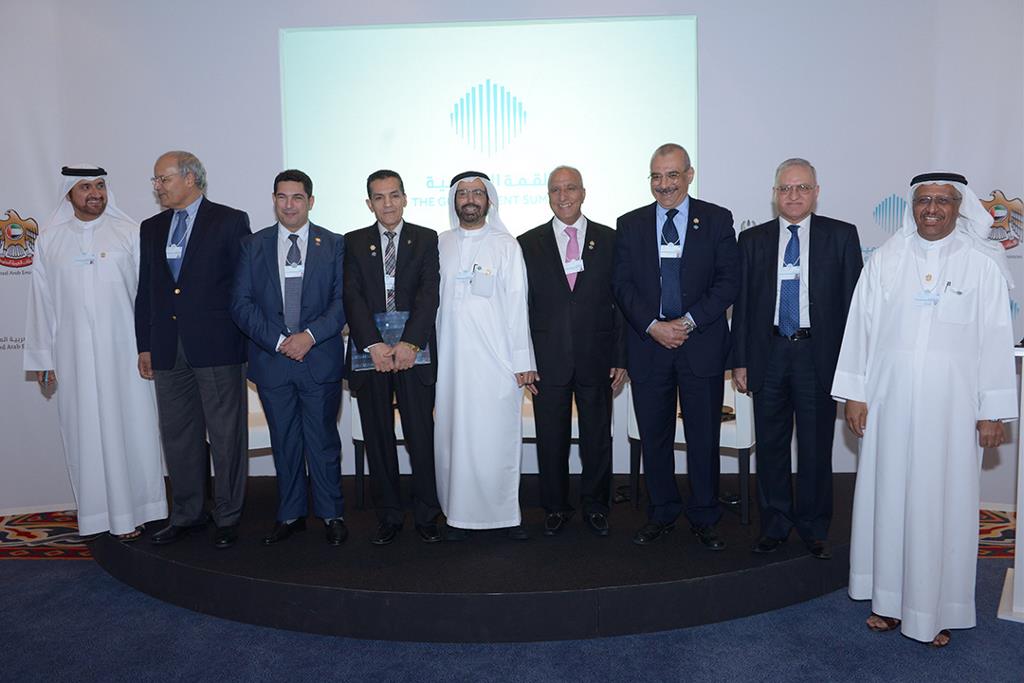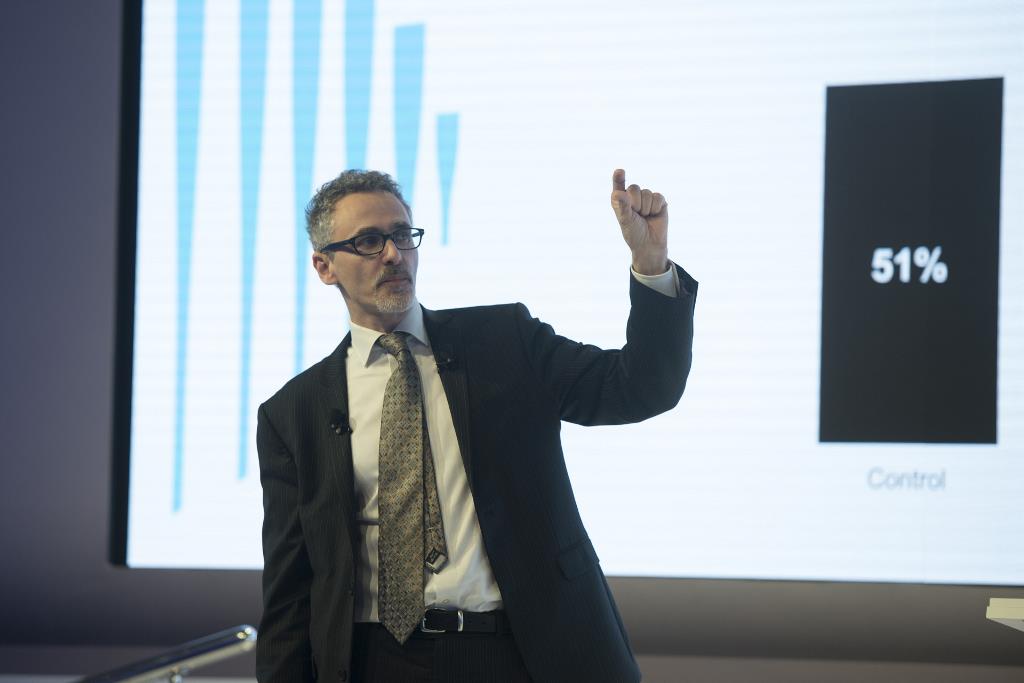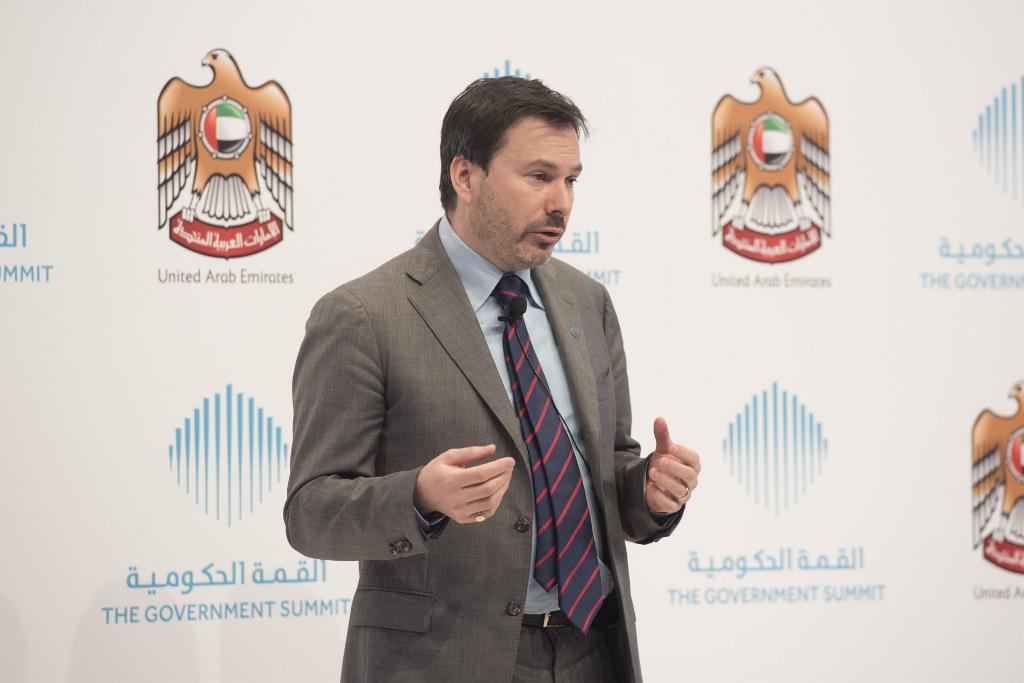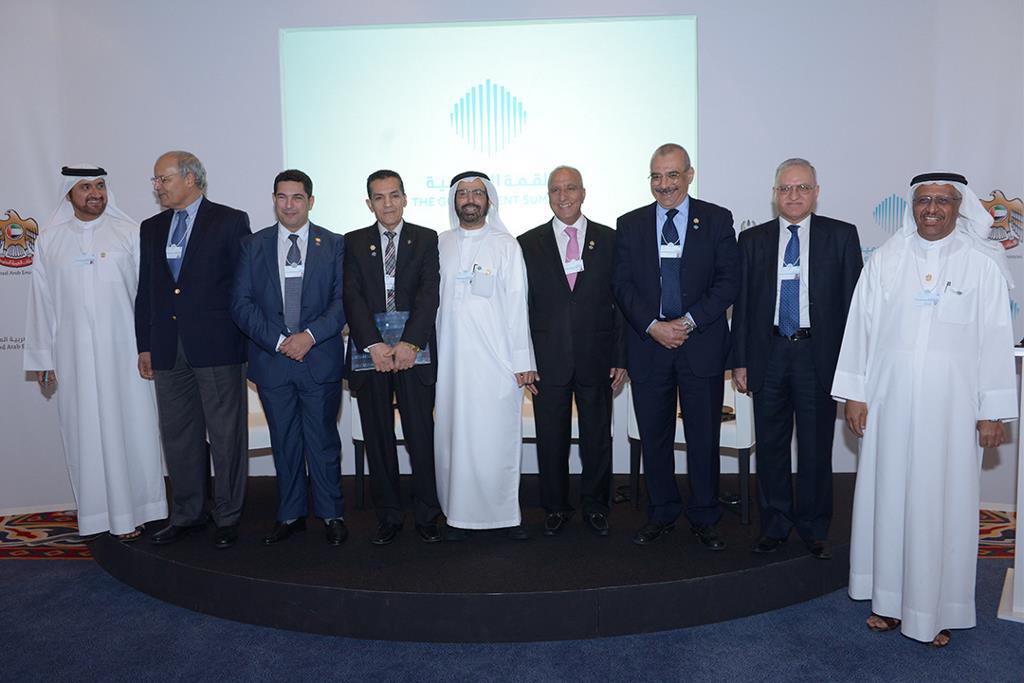The Future of Online Education
Education experts are seeing a greater role for online education in bridging the gap between educating the rich and the poor, regardless of location.
Former US Deputy Secretary for Education Jim Shelton, GEMS Education Group Executive Director and Board Member Dino Varkey and Edx Chief Executive Officer Anant Agarwal shared their thoughts on the topic ‘The Future of Online Education’ at The Government Summit 2015.Edx, a non-profit group, provides free online education from some of the world's best universities like Massachusetts Institute of Technology, Columbia University, Harvard University and a host of other prestigious institutions overseas, to about 4 million people around the world.
Just recently, Agarwal said, Edx launched at the White House the so-called "Blended x" online course for teachers funded by the Kingdom of Saudi Arabia.<
"Education is a right. We have close to 4 million learners from every single country in the world. Five thousand students from Dubai alone. We give them certificates which they can use and it's all for free," said Agarwal.
Varkey said innovation in technology is also enabling GEMS to educate some 3,500 girls in remote villages in Ghana using a very simple satellite technology which he described as "modified curriculum".
"The shortage (of educators) was never bridged. Acute need is going to drive us to innovation," he said.
Shelton said distance learning is also widely used in the US and provides dozens of learning programs for those who have no other means to access them.
"Online is just a tool for whatever it is that we want to deliver. We must be clear on what we want them to learn in ways that are more personalized than ever before. It is not a substitute, it’s an enabler," Shelton said.
The experts said the current generation has far more advanced knowledge in terms of technology than their teachers.
The challenge now, they said, is to help educators keep pace with the new generation. Schools worldwide are still using outdated curricula that were adopted as far back as 50 years ago.
